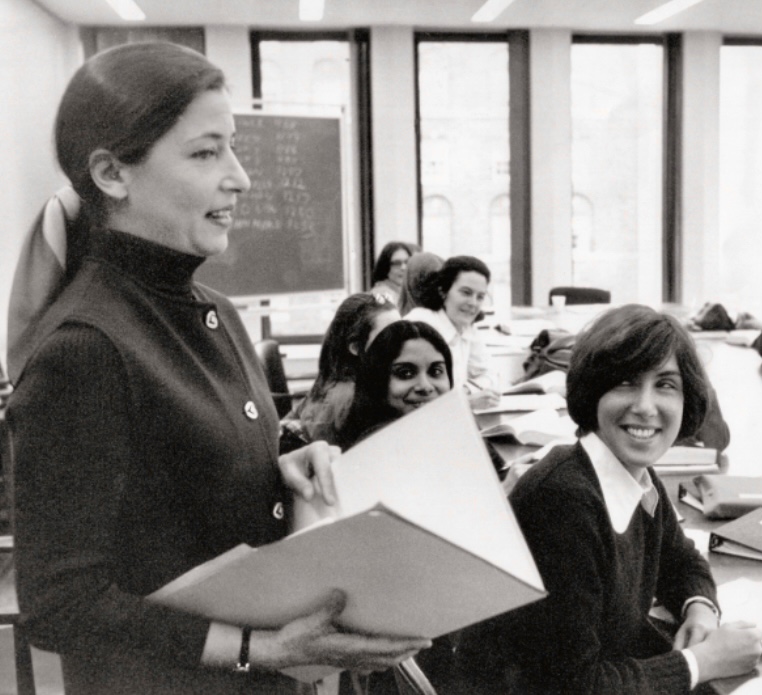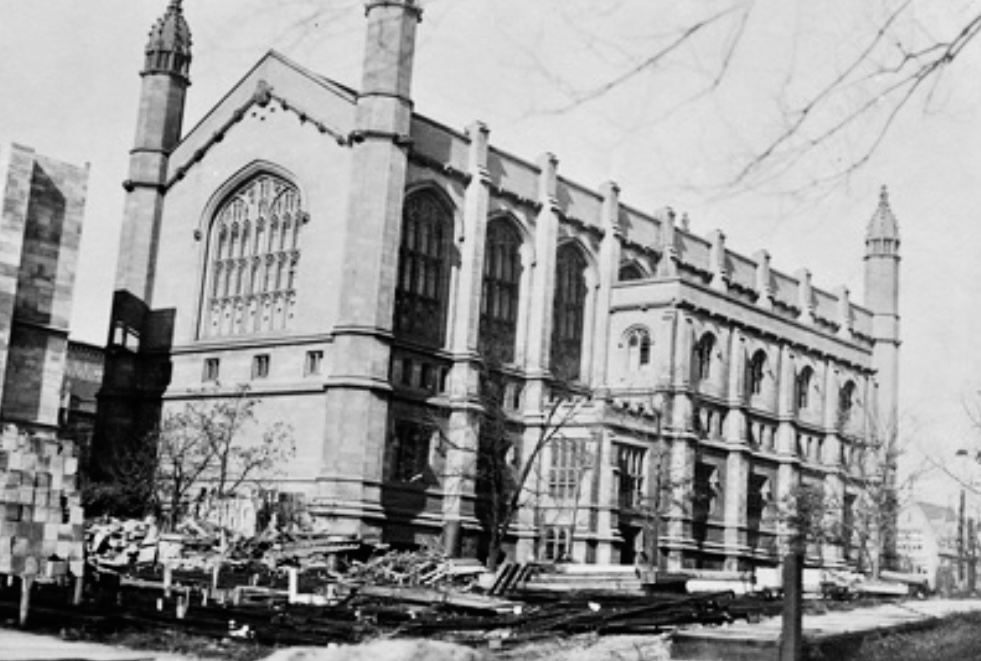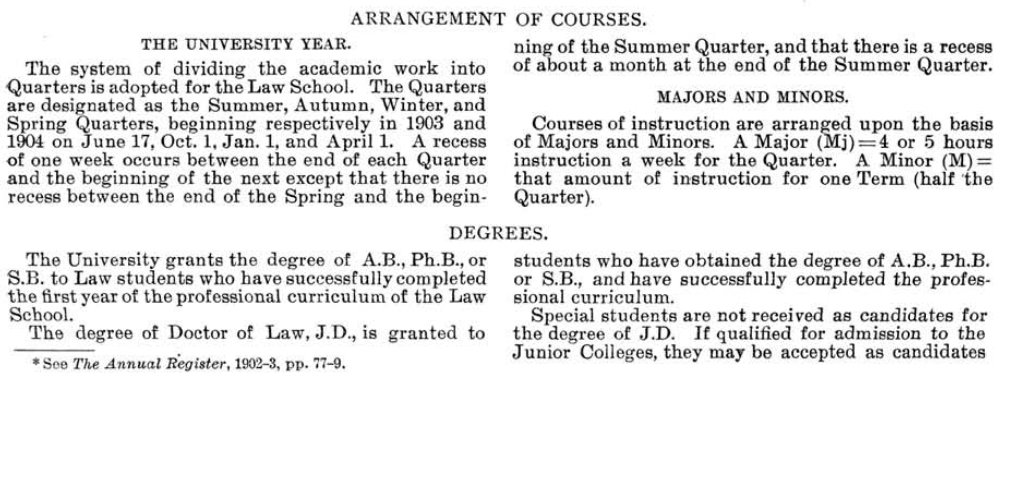50 years ago this month, Columbia Law School hired its 1st woman tenured law professor in its history.
The professor?
Ruth Bader Ginsburg.
The professor?
Ruth Bader Ginsburg.

The news was so big that the @nytimes even covered it a few days later, under the headline: "Columbia Law Snares a Prize in the Quest for Women Professors."
The article went on to call Ruth's hire a "major coup."
The article went on to call Ruth's hire a "major coup."

As a new semester nears, I am reminded of Ruth’s description of law school, told as she left Columbia in 1980 to become a Judge of the D.C. Circuit . . . 

"The mission of a university law school as Justice Harlan Stone described it during his tenure as Dean is not to drill students in mechanical rules; rather the aim is to develop with students an understanding and appreciation of legal principles . . . 

That means drawing on disciplines other than the law for support & it also means placing law in context & presenting the . . . societal conditions to which the law responds.
The Law School today is different in large & small respects from the one over which Dean Stone presided.
The Law School today is different in large & small respects from the one over which Dean Stone presided.

Admission in highly selective . . . [t]he Socratic method has been tempered, clinics & seminars afford students a rich & varied diet, a number of journals & enterprises offer in-depth research & writing opportunities.
But the idea of a University Law School remains the beacon."
But the idea of a University Law School remains the beacon."

• • •
Missing some Tweet in this thread? You can try to
force a refresh
























